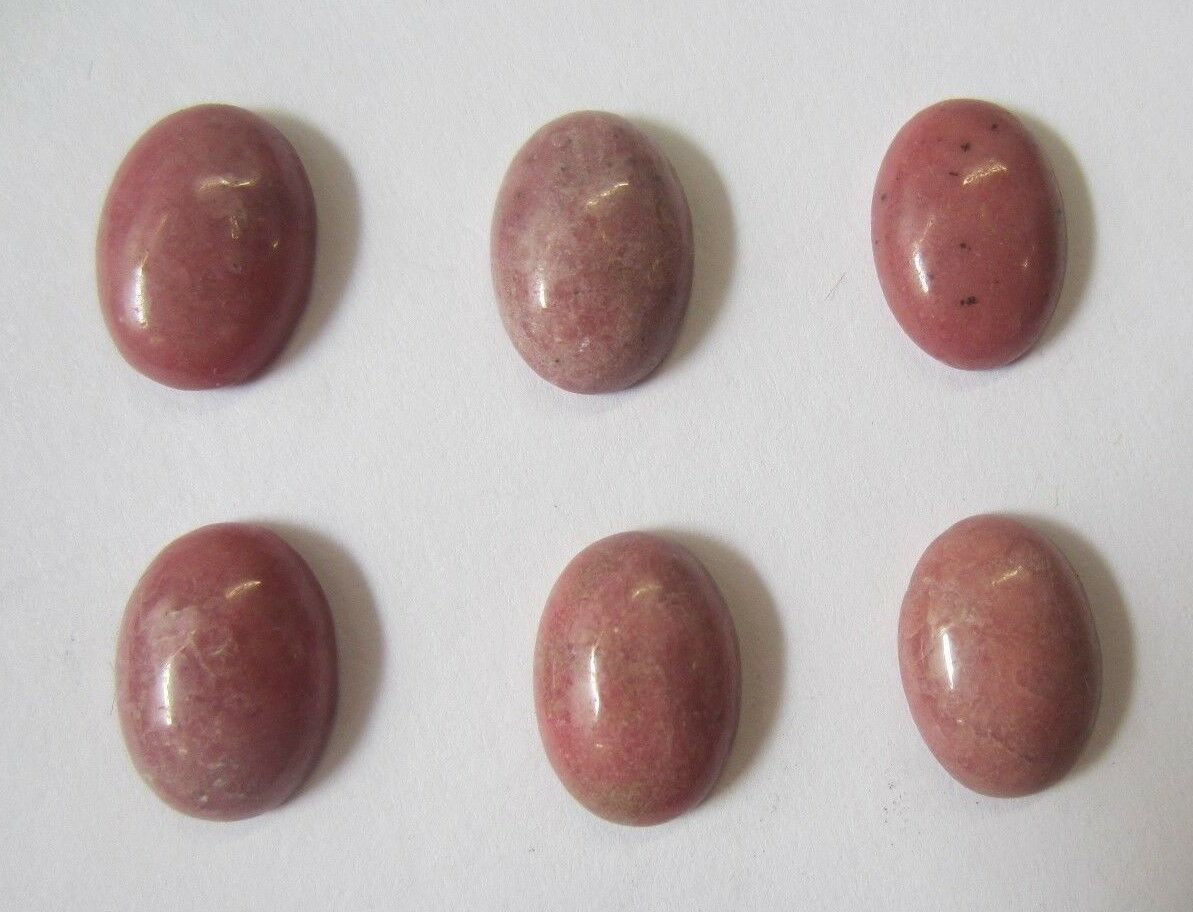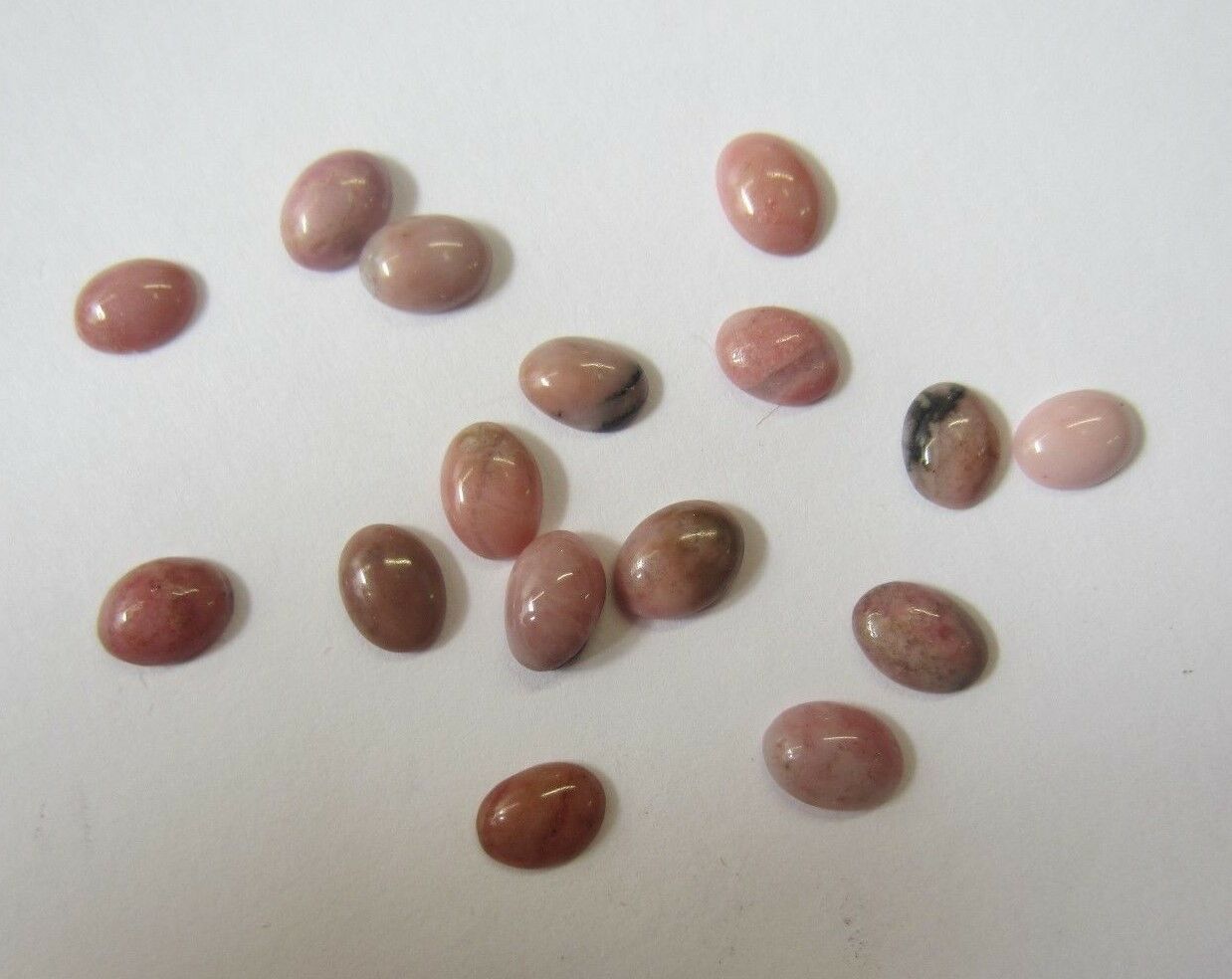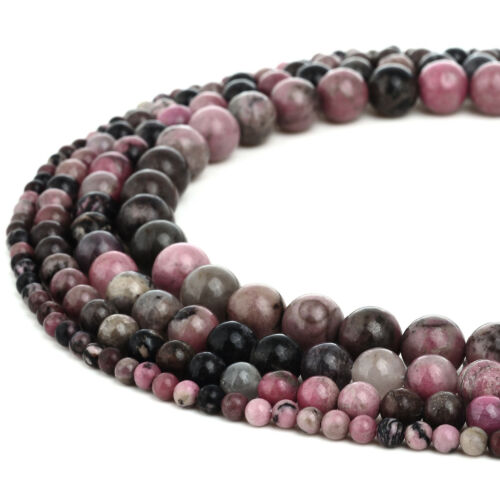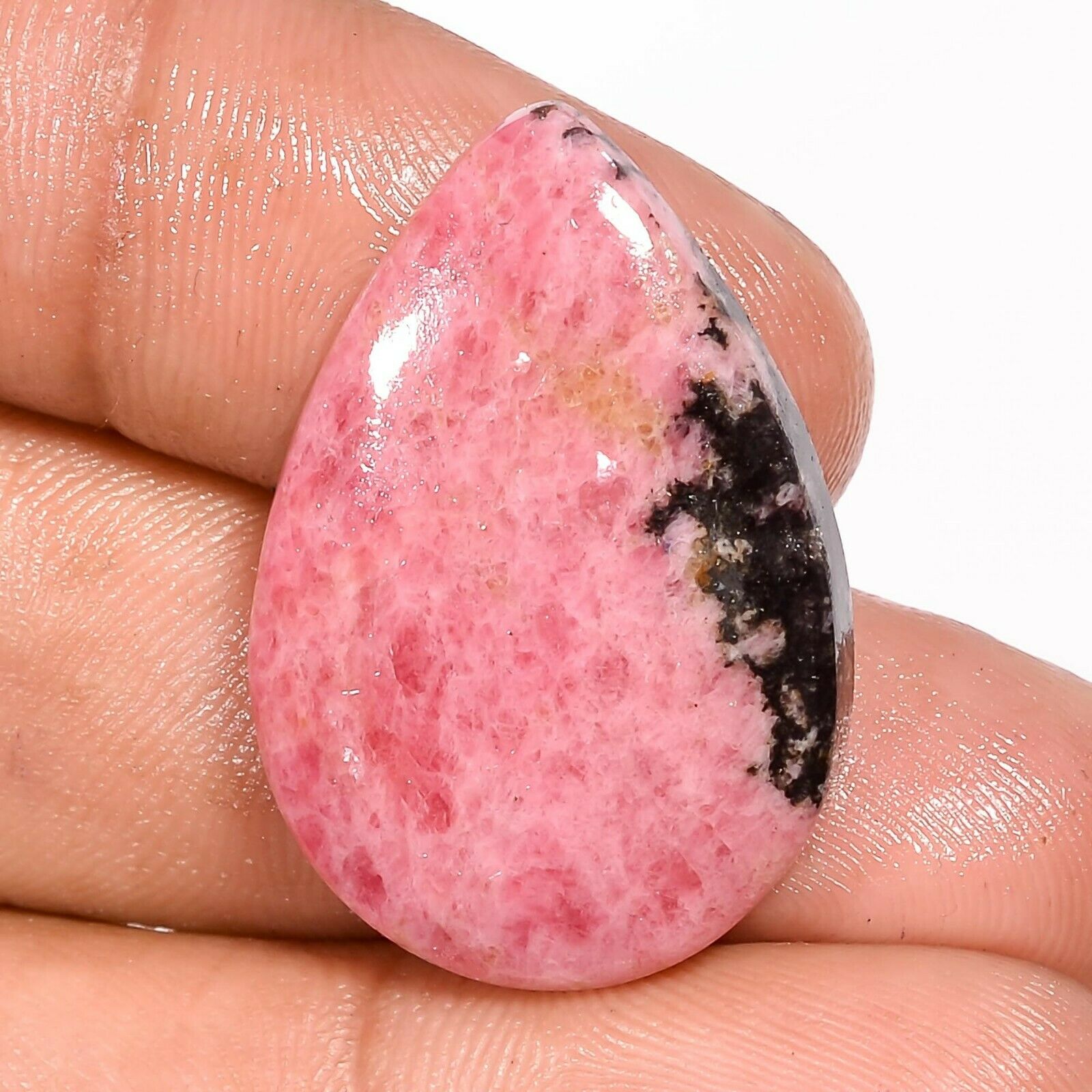-40%
29.75 cts Rare Huge Natural Cushion-cut Translucent Red VS Rhodonite
$ 639.4
- Description
- Size Guide
Description
29.75 cts Rare Huge Natural Cushion-cut Translucent Red VS RhodoniteNew without Tags. This gem has never been used/placed/set in a setting.
It is utterly undamaged, unmarred and in perfect condition as expected of NWOTags.
I have included a Rhodonite article below for your appreciation and enjoyment.
Summary of below:
"
Rhodonite is transparent to opaque. However, transparent material is extremely rare and most gemstones are opaque. Gemstones typically exhibit black inclusions that are composed of manganese oxide. The black inclusions may be absent, sparse or dense. When polished, rhodonite exhibits a vitreous lustre.
" ... "
Rhodonite is not known to be treated or enhanced in any way.
"
Type: Natural Rhodonite
(personally confirmed as Genuine Rhodonite by digital refractometer (RI=1.728), dichroscope, polariscope, spectroscope, UV short&long-wave light, measured Specific Gravity=3.46) -- captej2012
Color: Translucent Red
Shape: Cushion-cut
Dimensions: 26.22mm x 14.34mm x 8.51mm
Weight: 29.75 cts
Luster: Very Good
Clarity: VS
(given the larger-scale dimensions of this gem, its Clarity grading standards are likewise out-sized by the industry; that is, VS for gems this big are not expected to be see-through/transparent.) -- captej2012
Hardness: 5.5-6.5 rating on the Mohs Scale
Treatment: Not Heated, Not Treated, Not Enhanced
Origin: Brazil
Lady Lipstick -- be Thy Graceful Namesake
Of Red Glow on Marilyn, Angela, Gaga.
So Boldly do you Go.
So Slowly does visage Fade.
Her Wiles Rapt you -- like a silent Siren's Song.
Let Lady Lipstick come hither and nigh.
We are an eBay eStore enterprise focused on selling mostly Loose Natural Gemstones. Stay here, look around and learn. Via eBay Messaging, ask us questions, make an offer, and otherwise discuss your wishes, concerns and hopes. We pride ourselves as good-spirited folks having fun and doing our best to share the joy of Nature's most beautiful and enduring literal treasure -- Natural Gemstones. Expect to find us cheerful and trustworthy, and we will expect the same of you. For us, Negative FeedBack as a means of coercion is never needed and only degrades everyone's enjoyment in what should otherwise be a fun shopping experience. And finally, please enjoy my work as eBay's First (unofficial) Gemstone Poet. -- captej2012
======================================================================
From URL: https://www.gemselect.com/gem-info/rhodonite/rhodonite-info.php
Rhodonite Gemstone Information
About Rhodonite - History and Introduction
Rhodonite is a rose pink to dark red gemstone with black dendritic inclusions. It is a manganese silicate, and a member of the pyroxenoid group of minerals. The manganese is often partly replaced by iron, magnesium, calcium, and sometimes zinc, occasionally in large quantities. A greyish-brown variety containing as much as 20% calcium oxide is called bustamite, whilst fowlerite is a variety that contains 7% zinc oxide.
Rhodonite gets its name from the Greek word, "rhodon", meaning "rose coloured" and this attractive hue and vitreous lustre make it a popular ornamental material. Rhodonite inlay was used to decorate the Moscow Metro, and Mayakovskaya Station, built between 1935 and 1938, has over 80 square metres of columns with rhodonite inlay. In 1979, rhodonite was designated as the official state gem stone for Massachusetts, since it is considered to be the most beautiful material found there.
Rhodonite
Identifying Rhodonite
Rhodonite can be identified by its rosy pink to bright red colour, with black dendritic inclusions.
Rhodonite; Origin and Gemstone Sources
Rhodonite deposits are found in Australia (New South Wales), Finland, Japan, Canada, Madagascar, Mexico, Russia (the Urals), Sweden, South Africa, Tanzania and the USA (New Jersey).
Buying Rhodonite and Determining Rhodonite Gemstone Value
Rhodonite Colour
Rhodonite varies from a soft rose-pink to a bright flesh-coloured red, with black dendritic inclusions. Crystals are inclusion-free and transparent red, but rare.
Rhodonite Clarity and Lustre
Rhodonite is transparent to opaque. However, transparent material is extremely rare and most gemstones are opaque. Gemstones typically exhibit black inclusions that are composed of manganese oxide. The black inclusions may be absent, sparse or dense. When polished, rhodonite exhibits a vitreous lustre.
Rhodonite Cut and Shape
Rhodonite is typically cut en cabochon or carved. Transparent materials are faceted, but these are rare.
Rhodonite Treatment
Rhodonite is not known to be treated or enhanced in any way.
=========================================================================
From URL: https://www.gemselect.com/other-info/rhodonite-gems.php
Rhodonite Gemstones
Rhodonite Cabochon
Rhodonite is one of several gemstones that draw their name from the Greek word for rose ("rhodon"); the others are
rhodolite garnet
and
rhodochrosite
. Rhodonite, however, is rarely entirely red; it is usually rose pink to red with black dendritic inclusions of manganese oxide.
Rhodonite is composed of manganese iron magnesium calcium silicate and is a member of the pyroxenoid group of minerals. The manganese is often partly replaced by iron, magnesium, calcium, and sometimes zinc, occasionally in large quantities. A greyish-brown variety containing as much as 20% calcium oxide is called
bustamite
, while
fowlerite
is a zinciferous variety containing 7% zinc oxide.
Rhodonite is usually opaque and transparent varieties are very rare indeed. It has a hardness of 5.5 to 6.5 on the
Mohs scale
, and a
density
of 3.40 to 3.74. Its
refractive index
is 1.716 to 1.752.
Rhodonite Inlay in the Moscow Metro
Rhodonite from Franklin, New Jersey
Deposits of rhodonite have been found in Australia (New South Wales), Finland, Japan, Canada, Madagascar, Mexico, Russia, Sweden, South Africa, Tanzania and the United States (notably New Jersey and Nevada).
Rhodonite's attractive color and vitreous luster has made it popular as a decorative material. It is often used as
cabochons
for necklaces, and for ornamental objects. It has even been used as wall tiles in the Moscow subway. The Mayakovskaya Metro Station has more than 80 square meters of rhodonite inlay in the columns, which were installed during the second phase of construction of the metro in 1935-38.
The Russian deposits of rhodonite in Sverdlovsk are among the most famous in the world. Another well-known occurrence is in Franklin, New Jersey, which once yielded large specimens popular with mineral collectors.
Though rhodonite is found in a number of locations in the United States, it was named the state gem of Massachusetts in 1979, apparently because it is the most beautiful gem material native to the area.













